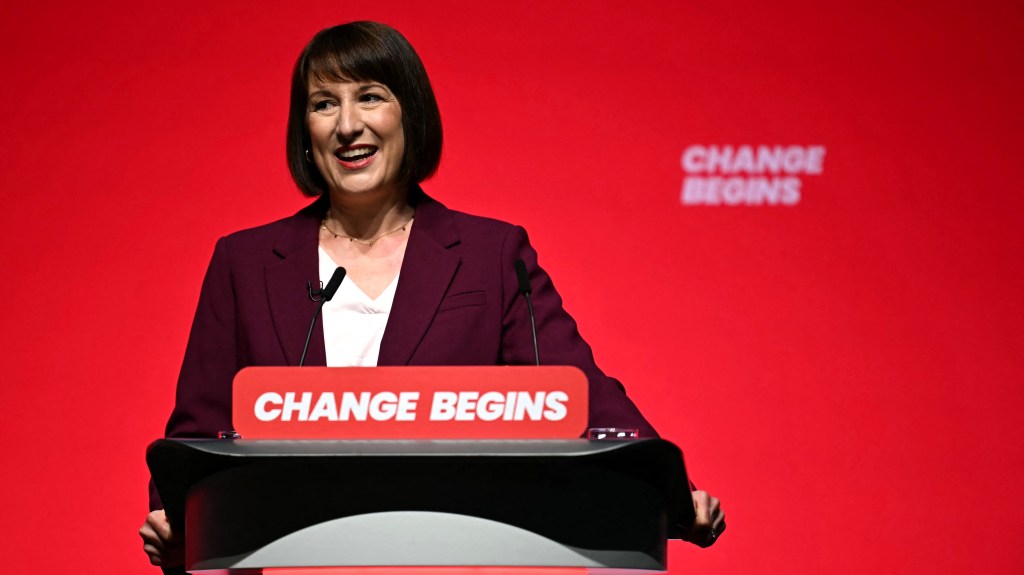Ricardo Plans to Divest Defence Division to Focus on Green Energy Initiatives
Ricardo, a prominent British engineering firm known for powering First World War tanks, is preparing to sell its defence division as part of a strategic pivot towards green energy solutions.
The company, listed on the London Stock Exchange, announced that this divestment aligns with its five-year strategy aimed at becoming a leading “engineering consultancy in environmental and energy transition”.
Ricardo’s defence division, which offers consulting services, recently secured a two-year renewal of its contract for an anti-lock brake system with the US Army, valued at $385 million.
While the anticipated sale may initially impact the group’s earnings per share negatively, Ricardo indicated it is “actively exploring” potential acquisitions to utilize the proceeds.
Founded in 1915 by engineer Harry Ricardo, whose original company was Engine Patents Ltd, the firm began designing and manufacturing tanks during the First World War. Following the Great Smog of London in 1952, which resulted in significant public health issues, Ricardo expanded into air pollution and emissions modeling. The company is headquartered in Shoreham-by-Sea, West Sussex, and employs nearly 3,000 people across over 20 nations.
Graham Ritchie, CEO of Ricardo, stated: “The planned divestment of our defence sector will allow us to concentrate on becoming a key player in the environmental and energy transition markets.”
In recent years, the engineering firm has shifted its emphasis towards environmental consultancy. Notably, in 2017, it introduced a real-world emissions database and advised 17 countries at the 2021 Cop26 climate change conference in Glasgow on formulating climate commitments.
Christopher Bamberry, an analyst at Peel Hunt, remarked: “Successfully divesting the defence division and reinvesting in environmental consulting could greatly expedite the transition of Ricardo’s portfolio towards energy and environmental services.”
Ricardo’s stock saw a decline of 6p, or 1.43 percent, ending the trading day at 413p.




Post Comment